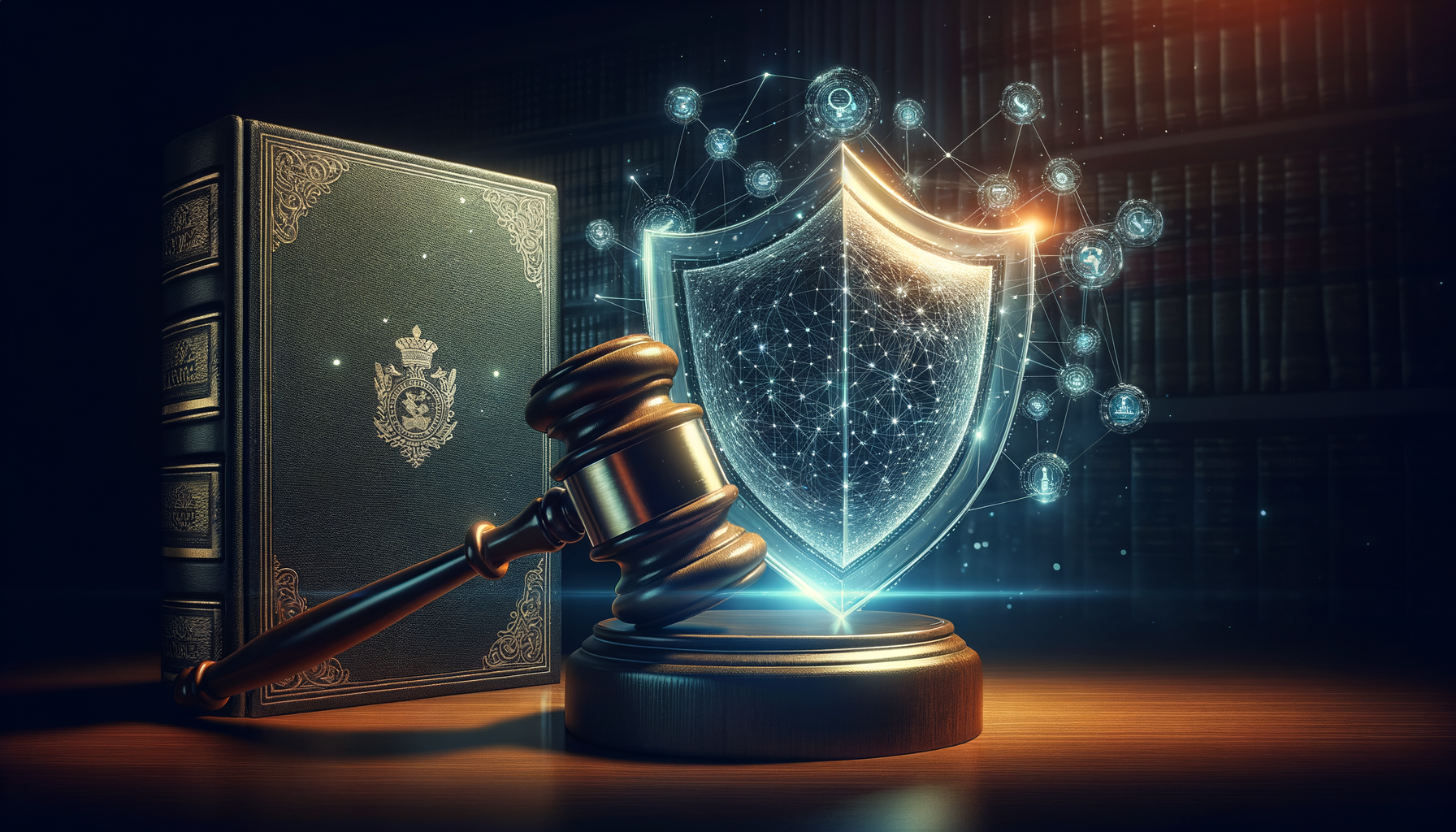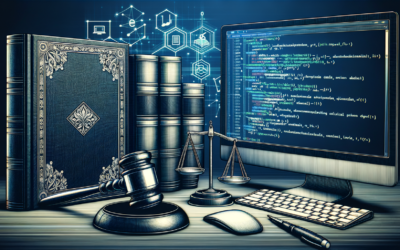Cybersecurity Legal
In an age of increasing digitization, legal cybersecurity is becoming a key issue for the legal profession. Whether in law firms, corporate legal departments or public institutions, the protection of sensitive legal data is a key concern in a world where computer threats are constantly evolving.
What is Legal Cybersecurity?
Legal cybersecurity refers to the strategies, practices and technologies put in place to protect the data and information systems of legal entities against cyberattacks. It includes securing digital communications, protecting customer files, complying with regulations on personal data, and more generally, defending against the risks of cybercrime.
Components of legal cybersecurity
Regulatory and standards compliance
Legal organizations must comply with a multitude of regulations such as the RGPD, aimed at strengthening and unifying data protection for all individuals within the European Union.
Protection of confidential data
Law firms and legal departments handle a large amount of sensitive data, which requires optimum security. The use of solutions such as premium legal software and automated due diligence is crucial to avoid data leakage.
Risk management
A governance, risk and compliance (GRC) strategy is essential to identify and mitigate risks.
Cybersecurity education and training
Training employees to recognize potential threats, such as phishing, and to adopt best practices is a fundamental aspect of protection.
Advanced protection technologies
The integration of cutting-edge technologies such asartificial intelligence and blockchain can greatly enhance the security of legal systems.
The impact of cybercrime on the legal sector
The consequences of a computer attack can be disastrous for the legal sector: loss of customer confidence, damage to reputation, financial penalties, and even legal action. So it’s vital to take a proactive approach and invest in effective security systems.
Frequently asked questions
Here is a list of frequently asked questions about legal cybersecurity:
What role does artificial intelligence play in legal cybersecurity?
Artificial intelligence is playing an increasingly important role in threat and anomaly detection, by analyzing large quantities of data faster than traditional methods.
Is blockchain useful for cybersecurity in the legal field?
Yes, blockchain provides a way to create unbreakable, secure records for transactions and legal files.
How can law firms protect themselves against cyber attacks?
In addition to regular cybersecurity training, firms can implement contract lifecycle management systems and security protocols such asdigital authentication.




